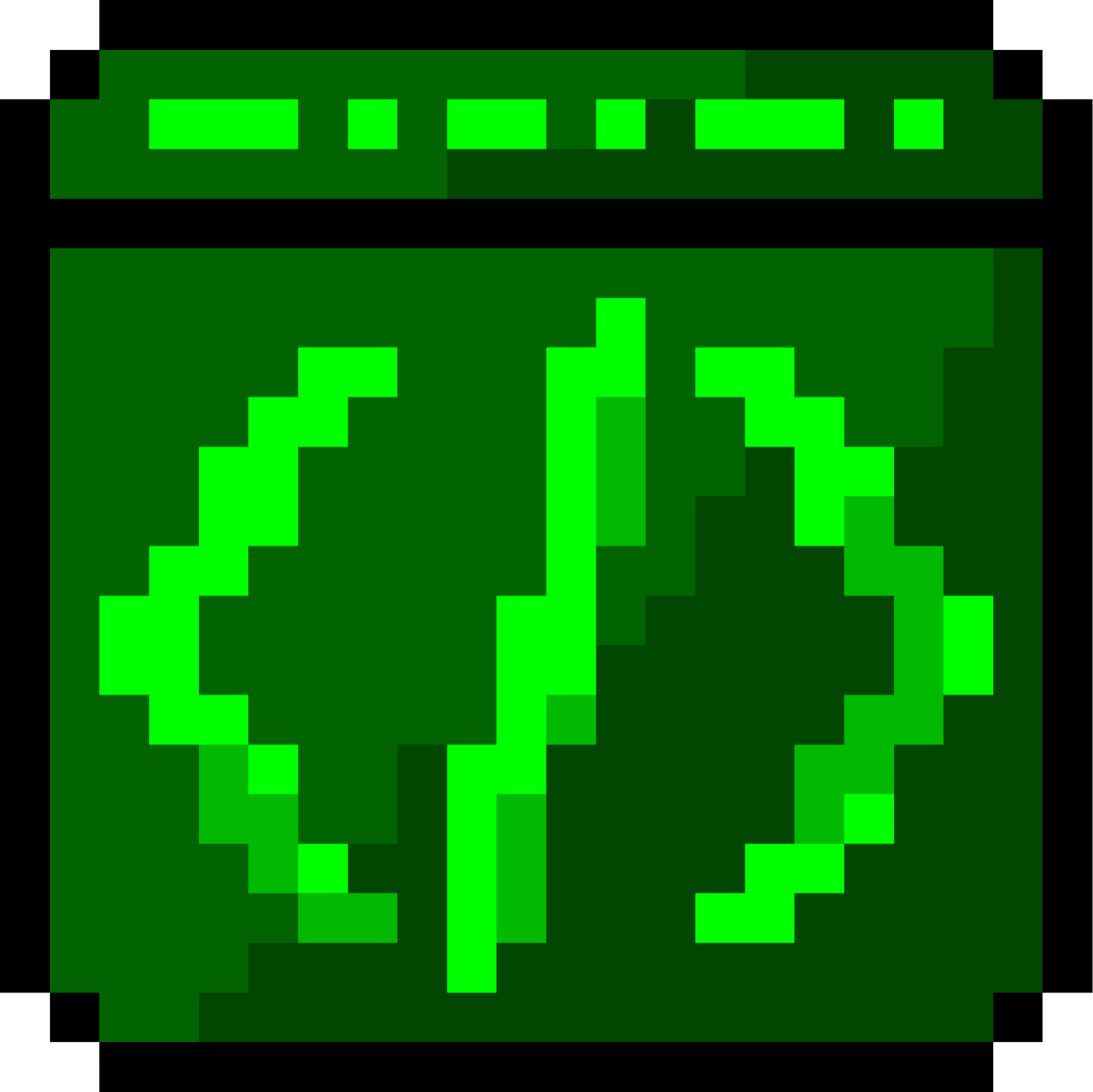395 reads
How to Build a Decentralized House Rental Platform with Next.js, Redux, and Solidity
by
January 29th, 2024
Audio Presented by
Story's Credibility



About Author
Blockchain Developer | YouTuber | Author | Educator


Blockchain Developer | YouTuber | Author | Educator